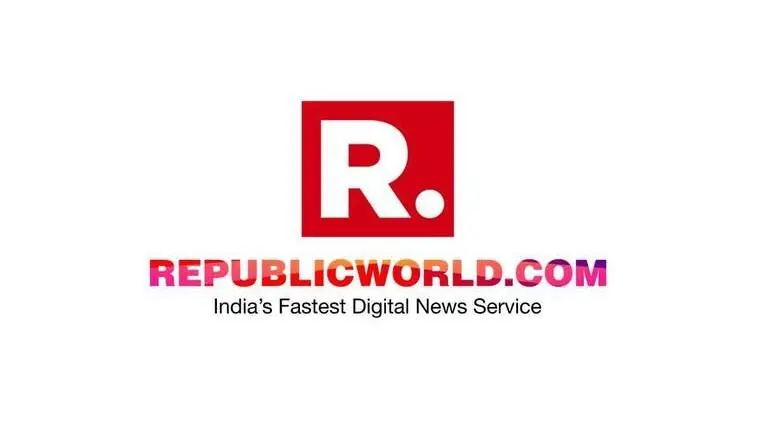Updated 12 October 2019 at 20:54 IST
Facebook’s Libra currency battered by defections, pushback
Facebook faces a rough road ahead with Libra, but defections by high-profile partners are still unlikely to spell the end for the digital currency on Friday.
- World News
- 5 min read

Facebook faces a rough road ahead with Libra, but defections by high-profile partners are still unlikely to spell the end for the digital currency. On Friday, Visa and MasterCard announced their departures from the Libra project, as did e-commerce giant eBay and payments startup Stripe. Last week, PayPal became the first major company to drop out of Libra. The exodus comes amid growing — not to mention stronger-than-anticipated — a regulatory pushback against Libra in the U.S. and elsewhere.“It’s a big setback for them but it’s not the end,” said Gartner analyst Avivah Litan. Facebook CEO Mark Zuckerberg will appear before Congress later this month to talk about the company’s plans for Libra. Rep. Maxine Waters, the California Democrat who heads the House Financial Services Committee where Zuckerberg will testify on Oct. 23, called Libra “a new Swiss-based financial system” that potentially is too big to fail and could require a taxpayer bailout.
Libra’s supporters say it could open online purchasing to millions of people who do not have access to bank accounts and could reduce the cost of sending money across borders. It’s easy to see how attractive an alternative like Libra could be to people in countries beset with hyperinflation, such as Venezuela and Zimbabwe. But Facebook already faces scrutiny over its poor record on privacy and its dominance in social media, messaging and related businesses. Will people trust it to create a new, global currency? Libra also poses new questions for the social network: Given that cryptocurrency is lightly regulated now, if at all, how will financial regulators oversee Facebook’s plan? And just how much more personal data will this give the social media giant, anyway? Litan said Facebook can still easily launch Libra in countries with no pushback, of which there are plenty. She also dismissed the idea that Facebook needs partner companies such as MasterCard or Visa in order to keep Libra afloat.
“The only reason they want the companies is because it looks good,” she said. “It was never a democratic blockchain. It was always run by Facebook and a couple of financial companies that were going along for the ride.”Now, those are just not going on the ride.“You have to remember, this is the blockchain. This is the internet. It’s pretty much unstoppable,” she added.
Advertisement
Regulatory challenges
The financial industry is more heavily regulated than internet companies — especially in the U.S., where tech companies have often been given free rein. Companies creating Libra are in for a “rude awakening” if they expect the same model of light regulation, said Karen Shaw Petrou, managing partner of Federal Financial Analytics in Washington. She expects Libra will fall under U.S. regulations adopted in the wake of the 2008 financial crisis. Which agency will oversee the venture will depend on what the currency system does, she said. In the U.S., the head of the House Financial Services Committee wants Facebook to suspend plans for a new currency until Congress and regulators are able to study it more closely. In July, Waters and other committee Democrats sent a letter to Facebook requesting a halt on moving forward with the currency and with the digital wallet, called Calibra, which would be used in the new currency system. House Democrats also have threatened legislation that would block big tech companies from getting into banking. One hurdle Facebook and its partners will face is the potential for criminals to use it for money laundering and fraud, given the pseudo-anonymous nature of Libra and other digital currencies. Facebook said it will comply with all existing financial regulations.
Advertisement
Privacy pushbacks
Facebook has been dogged with questions about users’ personal data, especially since the Cambridge Analytica scandal hit last year. That appears to be part of the reason Facebook created a nonprofit oversight association to govern Libra. It also created a subsidiary, Calibra, to work on the technology, separately from its main social media business. Still, Facebook is “going to get access to a lot of financial data,” Forrester analyst Aurelie L’Hostis said. “What are they going to do with that information and what are they going to put in place to safeguard that information?” Cryptocurrencies such as Libra store all transactions on a widely distributed, encrypted ledger known as the blockchain. Libra is designed so transaction amounts are visible, but transaction participants can be anonymous — at least until they move money into real-world accounts. Facebook said people can keep their individual transactions from appearing on the blockchain by using Calibra’s wallet app, though in that case, Calibra itself would have people’s data. Calibra said it won’t use financial data to target ads on Facebook. It also said it won’t share financial data with Facebook, though there are exceptions that haven’t been fully spelled out, including situations where data sharing would “keep people safe.”
Published By : Associated Press Television News
Published On: 12 October 2019 at 20:39 IST
